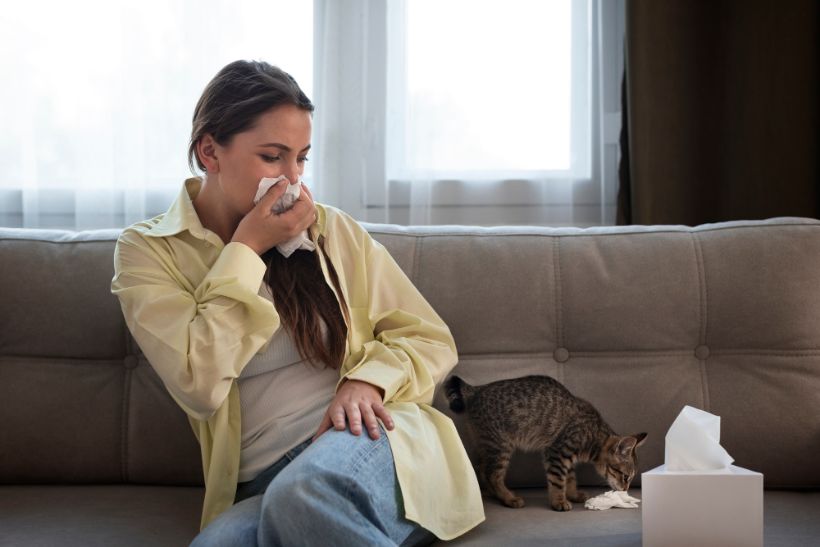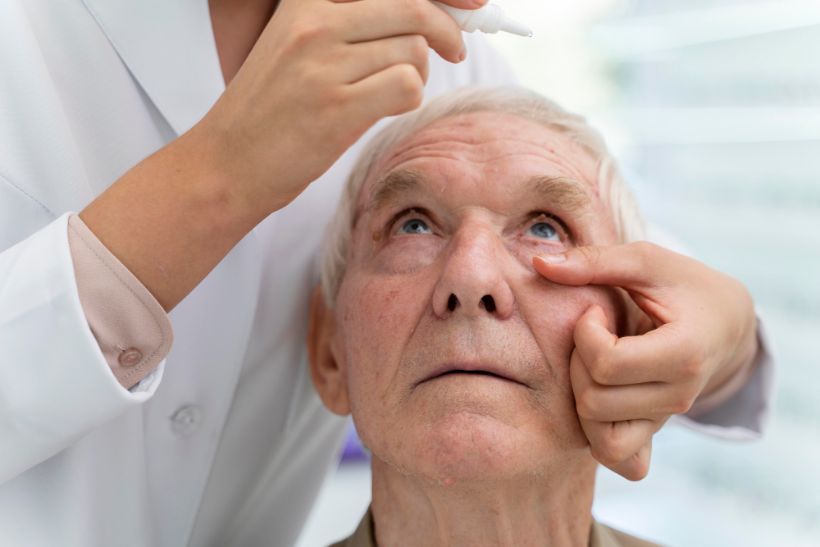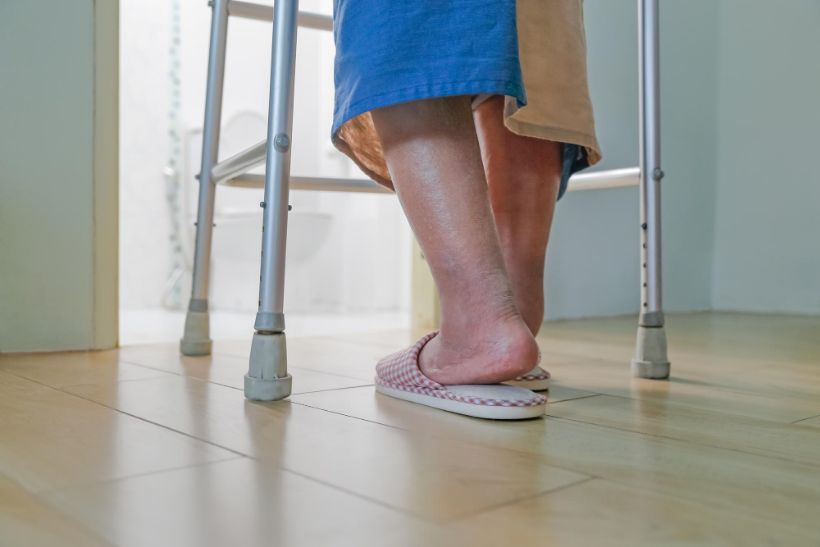What Are Zoonotic Diseases?
Zoonotic diseases are illnesses that can be transmitted from animals to humans. They also include diseases that can be transferred from pets to their owners, like Lyme disease.
Most Zoonotic diseases can be avoided through good hygiene – disinfecting areas that have become contaminated, washing hands after handling contaminated items (including cats), and wearing rubber gloves to prevent the infectious matter from entering skin wounds.
Zoonotic diseases are illnesses that can be transmitted from animals to humans.
Most diseases pose no threat to humans and can be treated by your doctor. A few are more dangerous to those with poor immune systems and a very small minority are unquestionably dangerous, e.g., rabies.
That’s why it’s important to take the necessary steps to insure you, your family, and your pet are protected from zoonotic infections.
How To Prevent Zoonotic Disease In The Family?
- Wash your hands with soap and water after touching, playing with, or caring for pets.
- Never touch the stool of any animal without wearing disposable gloves.
- Do not kiss your pet or let your pet lick your face.
- Do daily “tick checks” on yourself, your kids, and your pet. If you find a tick, use tweezers to slowly pull it out. Immerse the tick by rubbing alcohol, applying antiseptic to the bitten area, and washing your hands.
- If you are pregnant, ask someone else in the family to clean the cat’s litter box. If you must do it yourself, wear gloves and immediately wash your hands after changing the litter.
- Wash your hands after gardening or working in the soil where pets may have relieved themselves.
- If you are scratched or bitten, wash the area with soap and water right away and contact your physician.
- See your veterinarian and make sure your pet is protected against zoonoses and other disease threats in your area.
How to Prevent Zoonotic Diseases in Pets?
Vaccination is the first step to protecting your pet from zoonotic infections.
Vaccines are now available to protect against leptospirosis, Lyme disease, rabies, and giardia. Also, twice a year take your pet to see the veterinarian for health tests.
Vaccination is the first step to protecting your pet from zoonotic infections.
These exams are great for helping detect and treat zoonotic infections before they become serious or are transmitted to other pets or people in your household.
Other important steps to protect your pet:
- Ask your veterinarian about tick and flea control
- Brush and inspect your pet for ticks after each outing
- Do not let your pet drink from standing water outdoors
- Do not let your pet come into contact with the feces or urine of other animals
- Remove food, garbage, or nesting materials that may attract wildlife
List Of Zoonotic Diseases
Here are 9 common zoonotic diseases you should know about:
Cat Scratch
Also known as “cat scratch fever,” this flea-borne infection is typically transmitted from a cat’s scratch or bite.
Signs include pimples at the scratch site and swollen lymph nodes that may persist for six weeks or longer.
Ehrlichiosis
Transmitted by ticks, this bacterial disease can cause fever, muscle aches, vomiting, and other, more serious symptoms.
As many as half of all patients require hospitalization.
Giardia
People and pets are infected when they drink water containing the parasite Giardia Lamblia.
You can also become infected by putting something in your mouth that has come into contact with a pet’s stool.
Signs include diarrhea, stomach cramps, and nausea.
Leptospirosis
“Lepto” is a bacterial disease spread by contact with urine from an infected animal, including dogs, raccoons, squirrels, and skunks.
Lepto can cause high fever, severe headache, vomiting and if left untreated, kidney damage or liver failure.
Lyme disease
Spread by ticks, lyme disease can cause arthritis and kidney damage in both people and dogs.
The number of Lyme disease cases has nearly tripled since 1990, and the disease is now found in every state.
Rabies
This well-known disease is caused by a virus found in the saliva of infected animals and transmitted to pets and people by bites.
It is invariably fatal if not promptly treated.
Ringworm
Ringworm is a fungal infection – not a worm – transmitted by contact with the skin or fur of an infected dog or cat.
Signs include a bald patch of scaly skin on the scalp or a ring-shaped, itchy rash on the skin.
Rocky Mountain spotted fever
A very serious, tick-borne disease that causes fever, headache, and muscle pain, followed by a rash. May be fatal if left untreated.
Toxoplasmosis
This is a parasitic disease spread by contact with cat feces in soil or litter, although the major route to transmission is contaminated meat.
It can cause serious health problems in pregnant women or in people with compromised immune systems.
Contact your veterinarian for more information on zoonotic diseases.
Related Post
Does your pet have liver disease?







